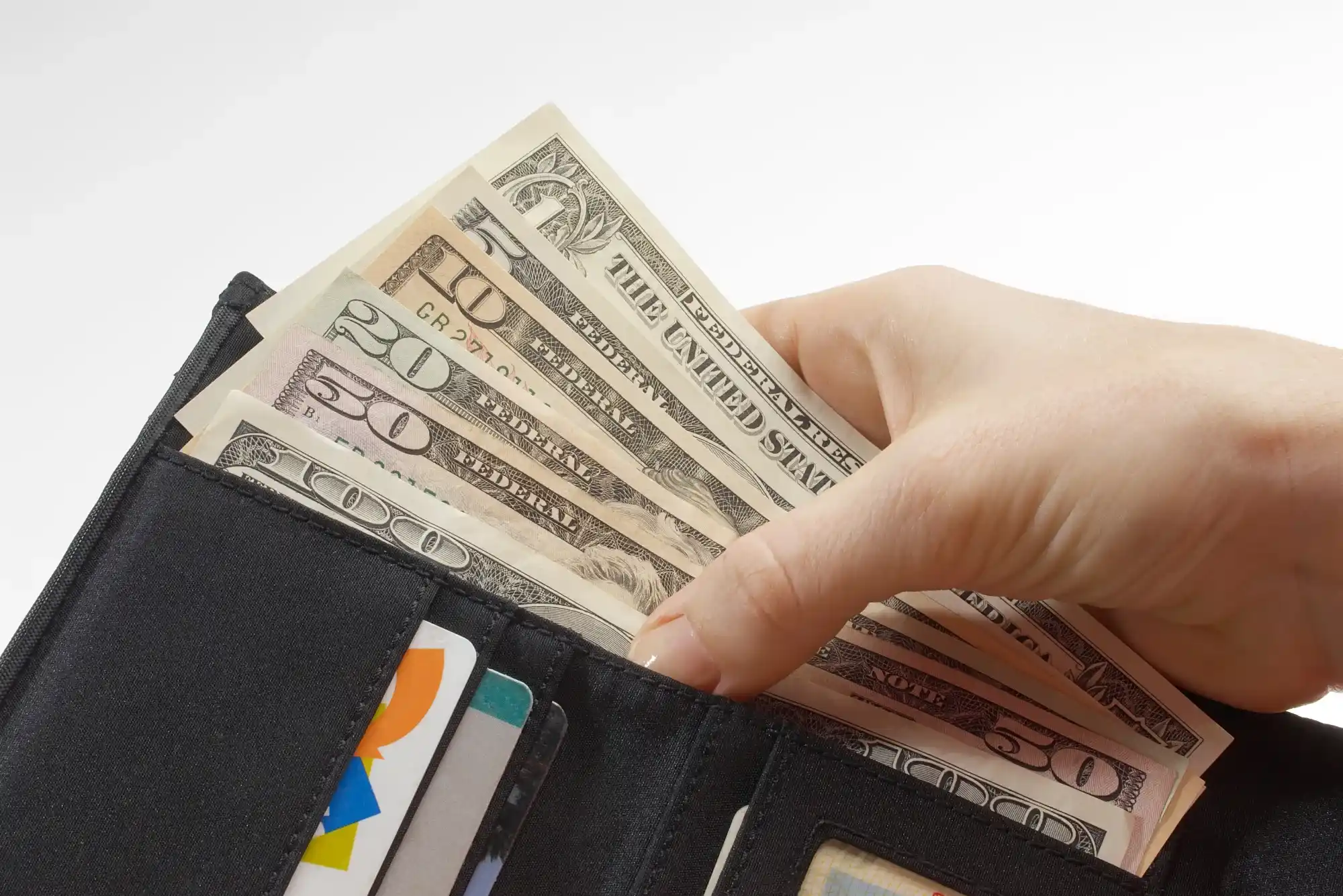Sports betting has always revolved around precision, trust, and fairness. Bettors rely on odds being accurate because every decision is based on them. But what happens if a betting site gets it wrong? Odds errors can and do occur, and while they may look like an opportunity for easy profit, the outcome is rarely straightforward. Drawing on experience and industry practices, let’s explore what happens when a sportsbook makes a mistake in the odds and what it means for players.
Why Odds Mistakes Happen
Odds-setting is a combination of sophisticated algorithms, real-time data feeds, and human input. Even with advanced technology, errors occur. A misplaced decimal, incorrect team line-up, or data glitch can result in odds being listed that don’t reflect the true probability of an outcome. For example, a favorite might mistakenly be listed at 10/1 instead of 1/10. These mistakes can trigger a flood of bets before the site realizes the error.
For bettors exploring different markets, platforms such as non GamStop sports betting often highlight how variable odds management can be, especially when operators function outside of strict national regulations. While these platforms may seem appealing for flexibility, they also expose the realities of how mistakes are handled differently across sites.
The Legal Position of Sportsbooks
In most jurisdictions, betting operators include terms and conditions that protect them against paying out on obvious errors. These “palpable error” clauses allow sportsbooks to void bets or settle them at the correct odds. While frustrating for players, regulators often back the operators, recognizing that a mistake should not force a business into potentially massive losses.
This doesn’t mean players are left without recourse. Reputable operators typically notify bettors quickly, cancel affected wagers, and refund stakes. In rare cases where disputes escalate, regulatory bodies may step in to mediate, though they almost always side with the written terms.
How Mistakes Are Detected and Corrected
Betting sites usually have dedicated risk management teams that monitor unusual betting patterns. If hundreds of players suddenly rush to place large bets on an underdog, it sets off alarm bells. Once a mistake is spotted, the odds are corrected immediately, and any bets placed at the incorrect price are reviewed.
For example, if a tennis match has odds reversed by mistake — showing the underdog as favorite — bettors who jump in may think they’ve struck gold. However, once corrected, the sportsbook cancels those bets, citing the palpable error clause. This is disappointing, but it’s standard practice.
The Player’s Perspective
From a bettor’s standpoint, stumbling across mispriced odds feels like striking oil. I remember once spotting a football match where a team listed at 7.0 odds was clearly the favorite. I placed a small bet, thinking it was my lucky day. Hours later, I received an email explaining the error, and my stake was refunded. No harm done, but no unexpected jackpot either.
The key takeaway is this: if it looks too good to be true, it probably is. Mistakes happen, but they rarely turn into player windfalls. The fine print is designed to protect sportsbooks from such scenarios.
Risks of Betting on Mistaken Odds
Players sometimes wonder if betting on obvious errors is worth the try. The risks include wasted time, cancelled bets, and, in extreme cases, account restrictions. Some operators view those who actively hunt for errors as “bonus abusers” or “advantage players.” This can lead to limited betting privileges or outright account bans.
Additionally, bettors who consistently rely on errors rather than genuine strategy miss the bigger picture of building long-term, sustainable betting habits.
The Role of Regulation
Regulation plays a huge role in determining how errors are handled. Licensed operators in major jurisdictions are required to act transparently when fixing odds mistakes. They must inform players and issue refunds quickly. In less regulated or offshore markets, however, players may find themselves with little protection if a dispute arises. That’s why knowing your platform’s licensing status and terms is critical before wagering.
When Operators Honor the Mistake
Although rare, there are cases where sportsbooks choose to honor mistaken odds. This typically happens when the error is small, the financial risk is minimal, or the operator values goodwill over technical correctness. These instances are more about customer relations than obligation, but they demonstrate that player trust is valuable currency in the betting world.
Smarter Ways to Respond as a Player
If you encounter incorrect odds, it’s important to keep your expectations realistic. Place small stakes if you choose to, but don’t stake heavily with the hope of forcing a massive payout. Always review the site’s terms regarding palpable errors so you understand how they will respond. And remember: the most consistent profits in betting come not from exploiting mistakes but from disciplined strategies and careful analysis.
Final Thoughts
When betting sites make mistakes in the odds, it sparks curiosity and sometimes frustration among players. The reality is that sportsbooks have safeguards to protect themselves, and most errors result in cancelled bets or refunds rather than surprise paydays. While platforms differ in how they handle such cases, the principle remains the same: fairness must be balanced with protecting the integrity of the market.
For bettors, the best approach is to treat these situations as part of the game. Don’t rely on them for profit, and always play within your means. After all, betting should be about strategy, enjoyment, and the thrill of the contest — not chasing loopholes in the system.










